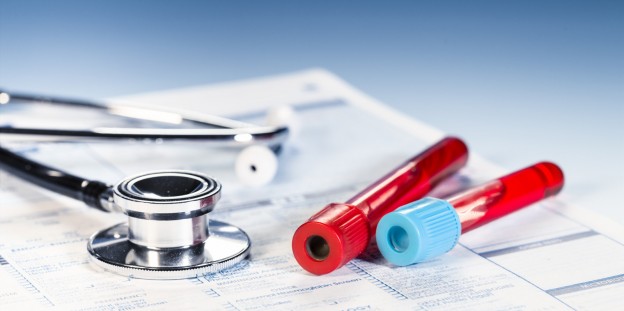Irregular periods, acne, hair loss, fatigue, weight gain, sluggish metabolism, at first glance these symptoms seem to point to PCOS. However, blood tests show a different story, in PCOS you would expect to see high androgen levels (testosterone, DHEAs) but this patient has low testosterone, low DHEAs, low estradiol and here’s the kicker – high cortisol! Her doctor had refused to do the cortisol testing which ultimately provided the solution to the puzzle of her symptoms which she has complained to her doctor about for years. It still remains to investigate why her cortisol is elevated. There are herbs that can be used to lower cortisol, but we’ll refrain from that until we can collect more data on why it’s elevated.
It’s easy in medicine to make assumptions and jump to conclusions, but this patient is a perfect example of why doing our due diligence and thoroughly investigating through diagnostic testing is important.

